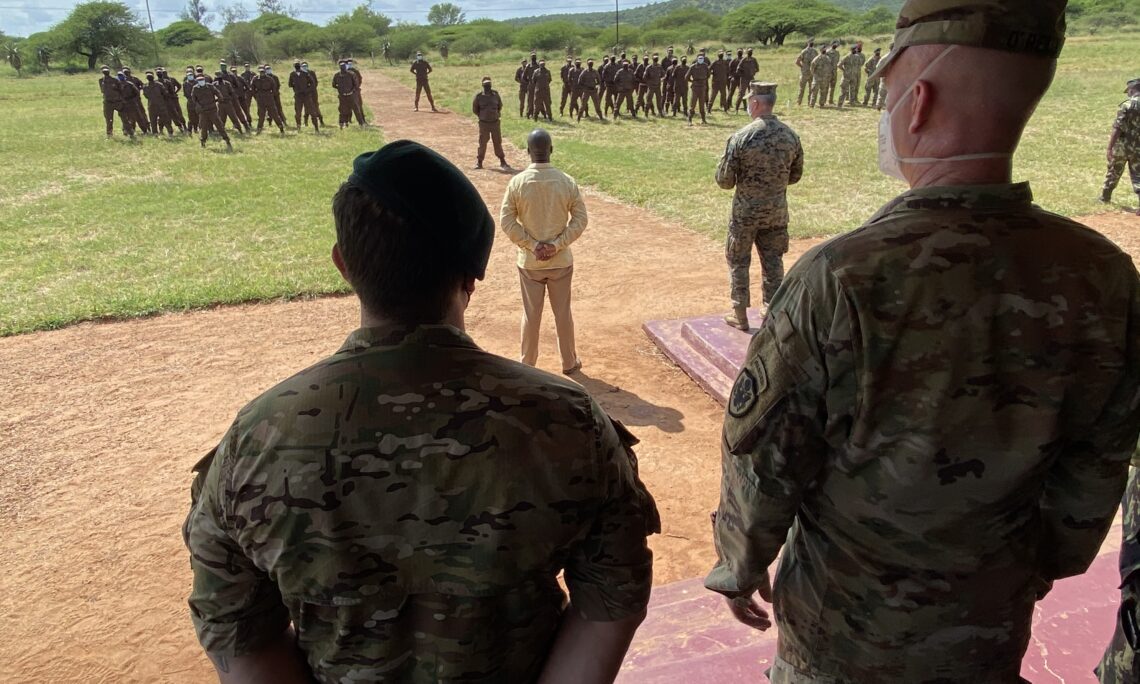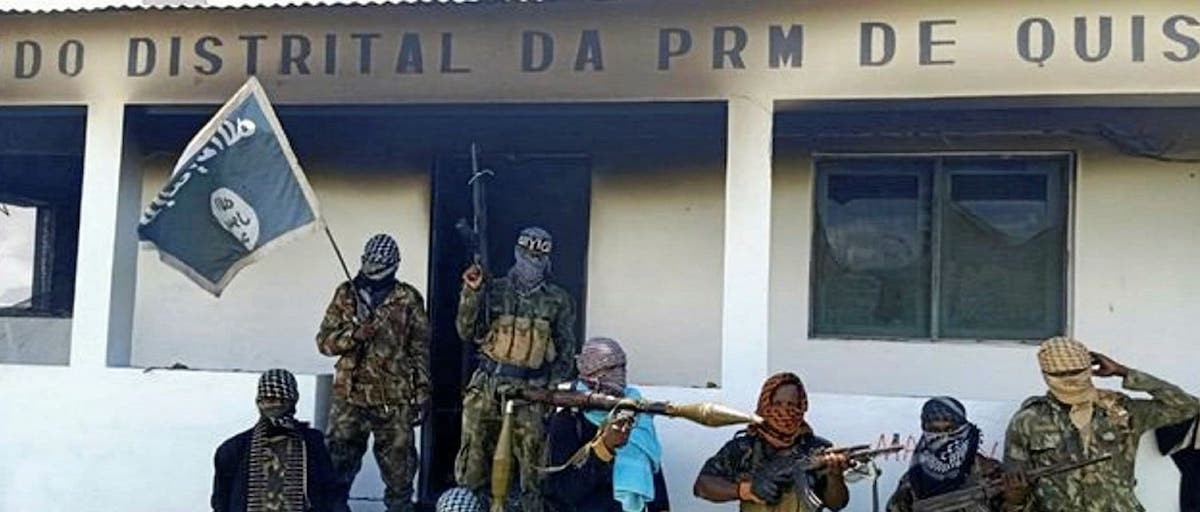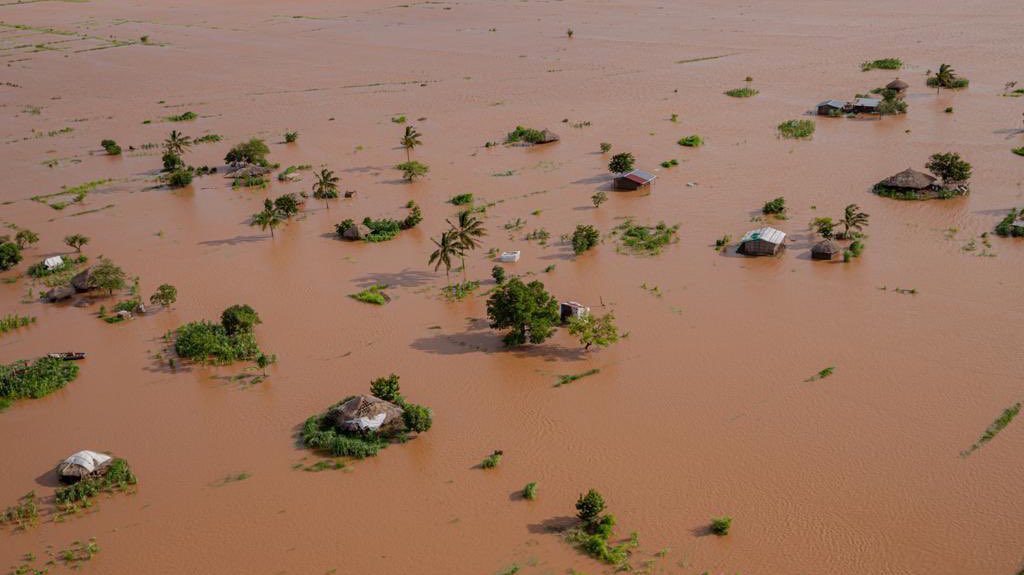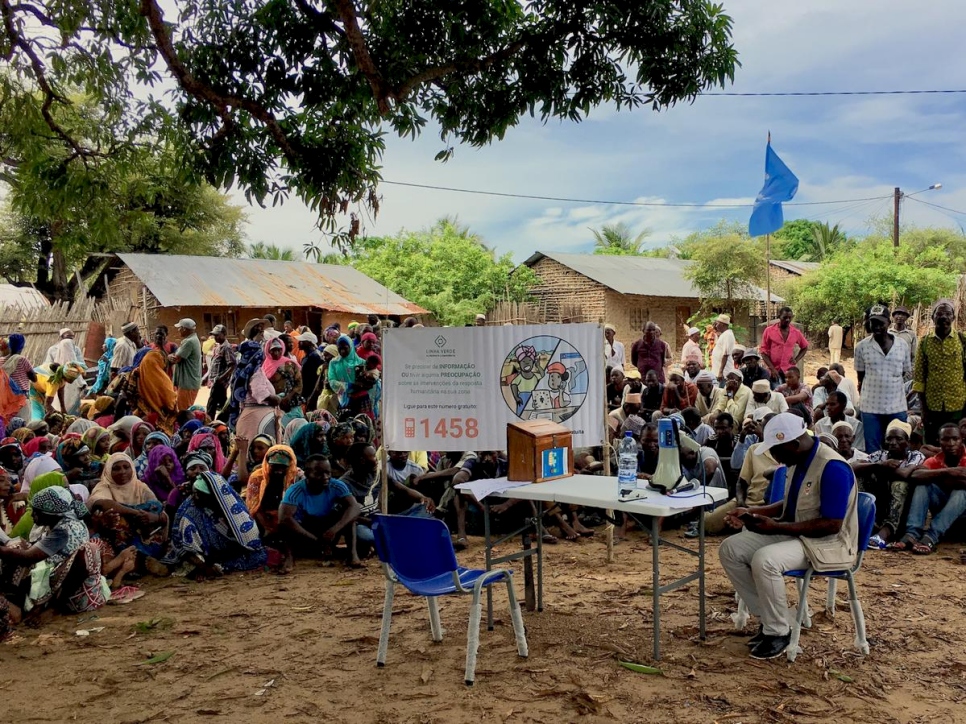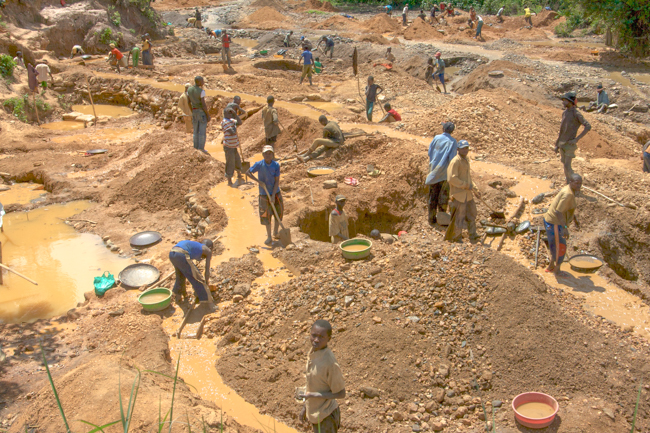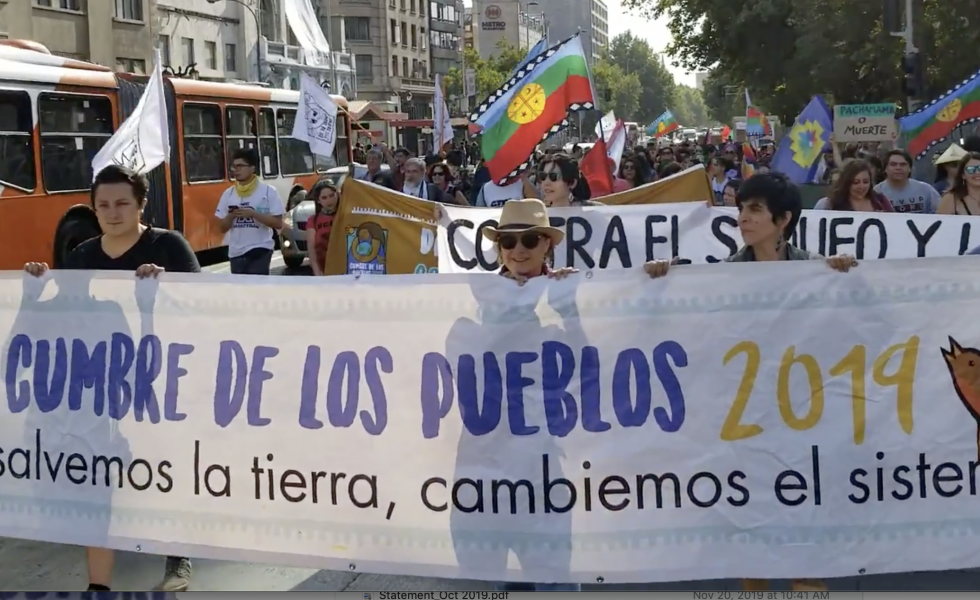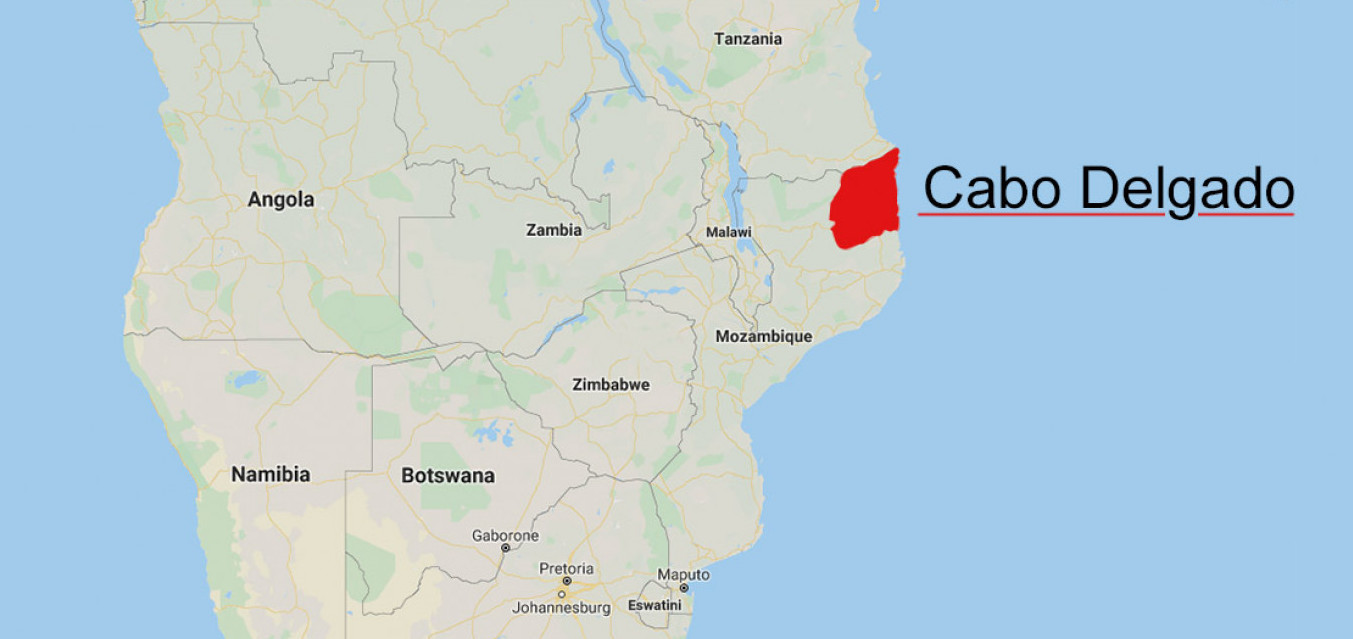
Foreign troops deploy in Mozambique
Mozambique’s President Filipe Nyusi is usually wary of foreign military intervention. But the grim situation in Cabo Delgado seems to have forced his hand. Rwanda is deploying a 1,000-strong force to the insurgency-hit northern province. And troops from the Southern African Development Community regional bloc are also set to arrive. Reports suggest the Rwandans will set up around the Afungi peninsula, where a multi-billion dollar gas project is located. Their battlefield enemy—known locally as al-Shabab—is formidable and entrenched, as Mozambique’s army and its mercenary allies know well. Lost in the military chatter is much mention of Cabo Delgado’s worsening humanitarian crisis: More than 700,000 people have been uprooted, and close to a million are now facing severe hunger. (Map via Moscow Times)



